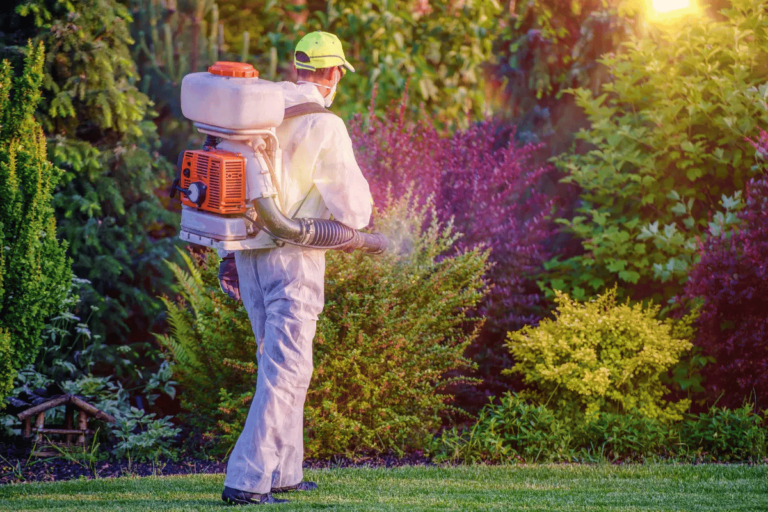For instance, chemical-free pest management is addressed by eco-friendly
pest control methods. Common garden insects can be deterred by natural insect
repellants like neem oil, diatomaceous Earth, and essential oils while
maintaining the benefits of other beneficial bugs to the environment.
The Neem Oil
Another example of a natural insecticide that can be used as a pesticide is
neem oil, which affects pests such as aphids, whiteflies and spider mites in
some ways, leading to their disruption. This hormone interferes with feeding,
breeding and proper growth of the pests.
Thus, One could mix water and dishwashing soap with the neem oil for a ready-spray
solution. Therefore, this solution may be applied to plants infested by pests
to discourage them from returning.
Diatomaceous Earth
However, it can act as a physical barrier against these garden pests when
spread around plants because it breaks the outer covering of slugs, ants or
beetles, causing them eventually to dehydrate and die.
For example, sprinkle diatomaceous Earth at the base of plants or where you
usually find different pests. Do not forget to repeat this process whenever
there is heavy rainfall or if you have watered heavily.
Essential Oils
Besides peppermint oil, rosemary and eucalyptus oils, which, when mixed with
water, can then be sprayed as an alternative pest control measure, can repel
insects due to the pungent smells emitted through crushed leaves.
In other words, take several peppermint oil drops dissolved in water, create
another treatment and sprinkle on plant leaves for aphid repellence among many
other soft-bodied insects.
Companion Planting
Planting certain crops together, however, may discourage pests from
attacking your gardens while at the same time attracting beneficial insects,
hence becoming another effective technique of organic pest relief mechanism.
For instance,
Planting marigolds near tomatoes can prevent nematodes and whiteflies, and
basil leaves also help scare away mosquitoes and flies. On the other hand,
garlic can be planted together with roses to ward off aphids.
Beneficial Insects for Pest Control
Creating a conducive environment for helpful insects within your backyard is
an environmentally friendly method of natural pest management. Hosting them
provides reasonable control of common pests found in gardens.
Ladybugs
They are valuable garden allies due to their feeding habits on aphids,
mealybugs, and spider mites, which makes them voracious predators. For
instance,
For example, you could purchase ladybirds at a local garden shop and then
set them free during the excellent evening hours when temperatures have gone
down. Moreover, they should ensure they get food and water to stay.
Lacewings
Again, the larvae and adult lacewings prey upon aphids, whiteflies and other
soft-bodied insects, making their control very effective, especially when
dealing with vegetable gardens or ornamental plants.
For example, dill, fennel, and yarrow should be grown around gardens where
lacewings are expected to increase, given that they produce nectar feeding
these insects.
Predatory Beetles
Others, like ground beetles and rove beetles, eat pests such as
caterpillars, slugs, root maggots, etc., making them highly beneficial, unlike
harmful ones. For example,
Furthermore, the provision of mulch or even tiny rocks or logs where they
may hide right before searching for any attackers in terms of pests generally
allows habitats for predatory beetles to develop.
Inviting Beneficial Insects
To attract beneficial insects to your garden, grow various flowering plants
that give nectar and pollen. Flowers like yarrow, dill, fennel and cosmos appeal
to beneficial insects. Please refrain from using broad-spectrum pesticides
since they can also kill the insects that are good for your garden. To create
habitats for beneficial insects, provide shelter such as mulched spots and
small piles of rocks or logs.
Conclusion
Eco-friendly pest control methods remain the best way to manage garden pests
without harming the environment. You can have a healthy and beneficial garden
by using natural repellents like neem oil, diatomaceous Earth and essential
oils; companion planting by encouraging beneficial insects; and creating
habitation. Embrace these natural solutions to protect your plants and promote
a balanced ecosystem in your garden.
Explore More Gardening Tips and Ideas
Source: Eco-Friendly Pest Control Methods


